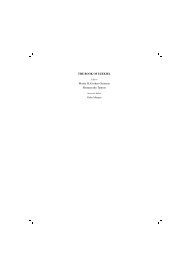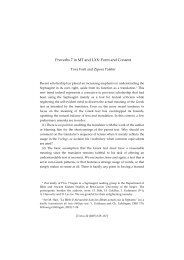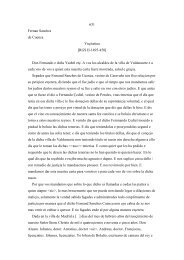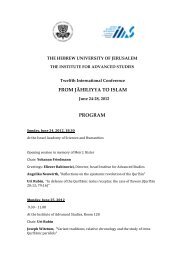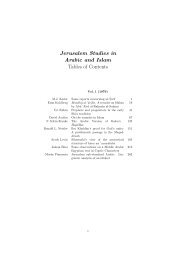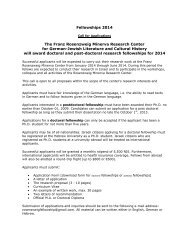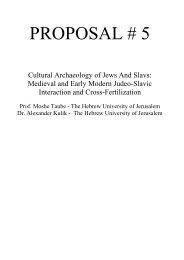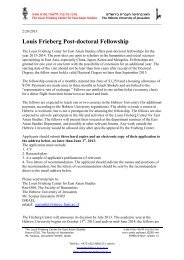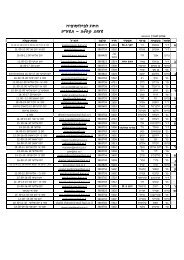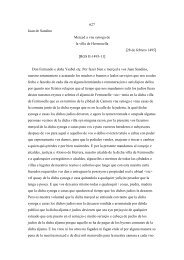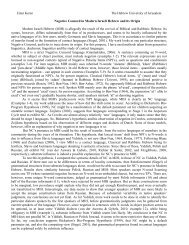Baber Johansen
Baber Johansen
Baber Johansen
Create successful ePaper yourself
Turn your PDF publications into a flip-book with our unique Google optimized e-Paper software.
4<br />
allowed the theologians to define the way in which the contingent world<br />
differs from its creator and, as most of these theologians did not use a<br />
concept of natural causality, it helped them to prove that only God can<br />
put these elements together and that, on the Day of Resurrection, He can<br />
create living bodies from dead remnants and a new earth in order to<br />
replace the old one. The same analysis provides the theologians with an<br />
ontological grounding for the human being’s capacity to act. This type of<br />
theology puts the philosophy of nature and the natural sciences of Late<br />
Antiquity to use in order to answer theological questions. The result is<br />
that the contingent world proves God’s existence as the non-contingent<br />
being. 20 The cosmic dimension of human existence is at the very core of<br />
this theology.<br />
But the Abbasids did not only sponsor theology. Under Hārûn al-Rashīd<br />
(786-809), they put into place a special administration of justice directed<br />
by the highest qÁÃÐ of the empire. This administration controlled the<br />
nomination and destitution of the judges in the provinces. Some of the<br />
most important Iraqi jurists engaged in this administration from its very<br />
beginning. 21 Their integration into the administration of an empire-wide<br />
judiciary gave the jurists leverage for the diffusion of their normative<br />
systems among the Muslim townspeople in different regions. Through<br />
the institution of the empire’s judiciary, the jurists were associated to the<br />
caliphate and able to use its power to find acceptance for their norms. 22<br />
In 833, in the aftermath of a long and bitter civil war, the Caliph MaÞmÙn<br />
tried to renew his alliance with the speculative theologians. The long<br />
civil war that started in 809 had turned Baghdad into an unruly<br />
metropolis. No caliph had set foot in the city between 813 and 819 and<br />
the rise of popular movements and gangs had led the population to<br />
organize its own defense under the leadership of men who held the<br />
opinion that all Muslims are obliged to "command the good and forbid<br />
the evil" and that Muslims do not need Caliphs or other authorities to do<br />
so. 23 The caliph feared that religious scholars, such as jurists and<br />
traditionists, that is scholars who collect reports on the Prophet’s<br />
normative practice, would contribute to the city dwellers’ ambitious



